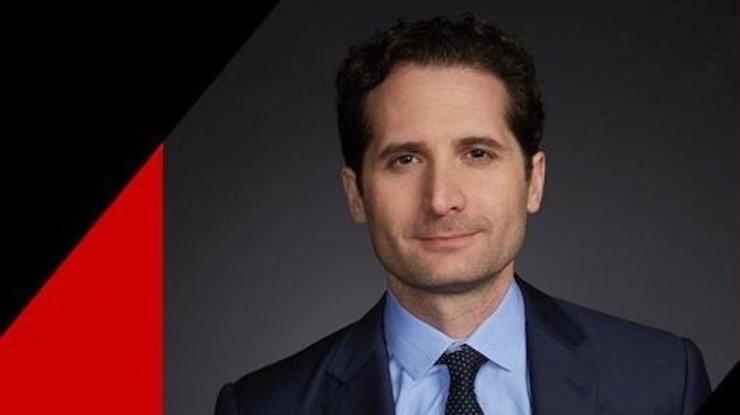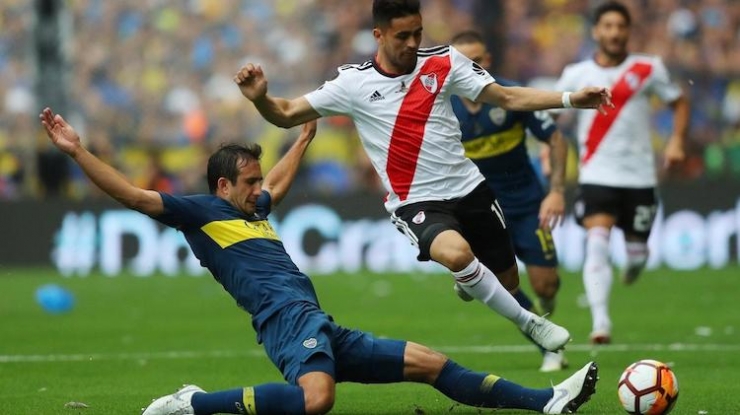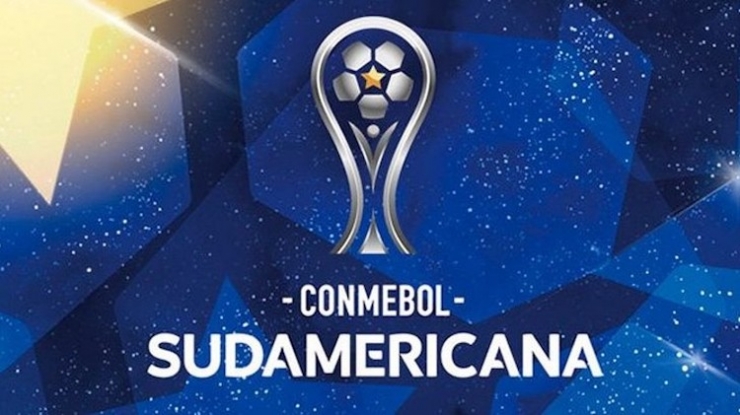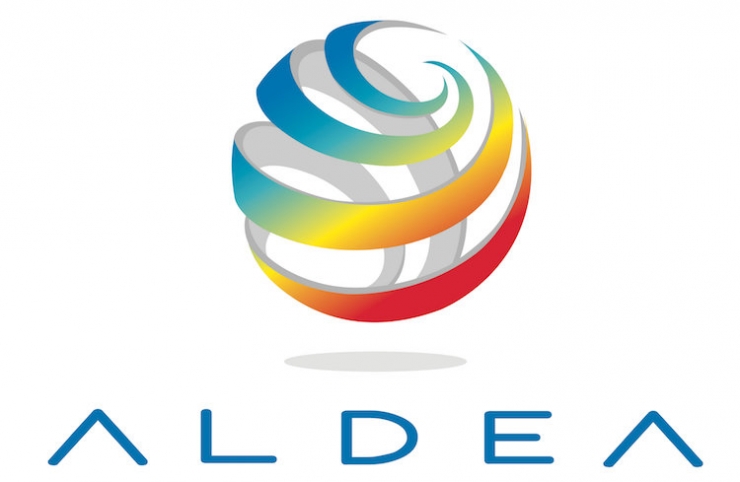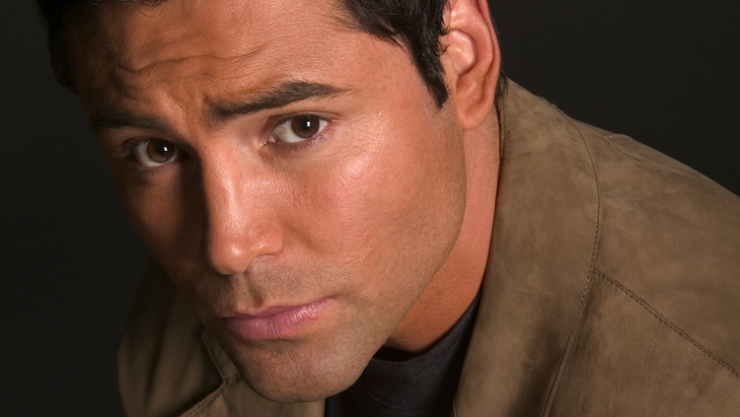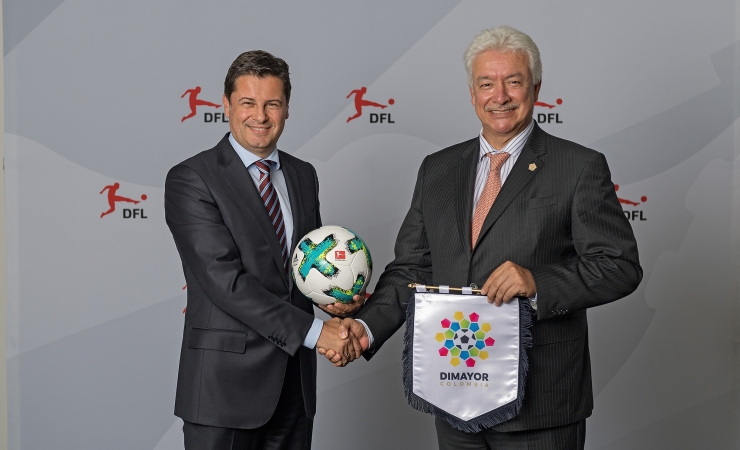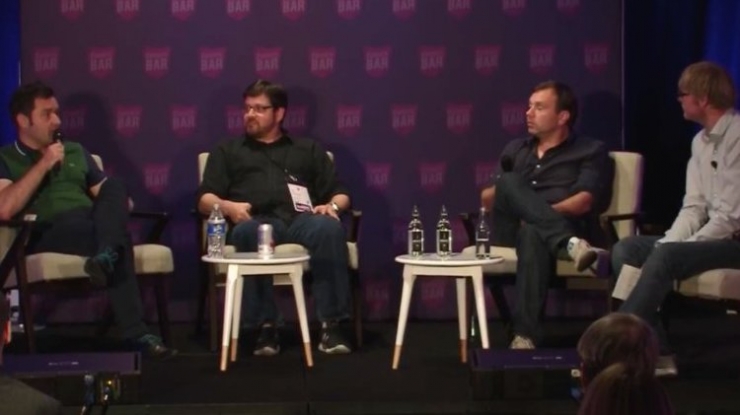No doubt it will be difficult for traditionalists, like those who still argue whether chess is a sport, but it is certain that eSports -electronic videogame competitions- have become a global phenomenon with a dimension vastly superior to all but the biggest traditional sports.
If the term eSports is debatable -even several professional gamers argue that it is just "gaming" and not "sports"- the phenomenon's impact is indisputable.
In 2015, 334 million people watched the League of Legends World Championship. League of Legends is the most popular multiplayer online game of the past few years. That audience figure is one that have peaked the interest of sponsors and every day more brands turn to participate in e-sports.
And while eSports are already booming today, their potential is even greater. According to research company Newzoo, the industry's earnings could reach US$ 1 billion in two years, with a growth of 43% in 2018.
The big challenge will arise with the struggle for the broadcast rights. Most videogame companies have a streaming option integrated into their software. Such as Dota 2, the second most played competitive multiplayer game in the world. Dota is owned by Valve Corporation, the company behind Steam, the digital distribution platform of the world's largest video games.
However, other platforms have taken advantage of the online broadcasting of games, both competitive tournaments and the phenomenon "Let's Play" that has turned young people into millionaires, like the Swedish YouTuber known as PewDiePie. For instance, there's Twitch, a platform dedicated to streaming transmission of video games that has been instrumental in popularizing eSports.
Twitch's success has been so important -in 2015 over 27 million people followed the Counter-Strike tournament, 30% more than 2014- that other companies are trying to get into the game. This year, YouTube introduced YouTube Gaming. The new platform has the same idea: to broadcast live games and tournaments, adding the rich template of famous YouTubers, as Pewdiepie, and videogame companies with accounts on the main platform.
Traditional TV, meanwhile, is also trying to be a part of it. US network TBS will broadcast 20 competitive matches live this year, backing its strategy of creating its own league of eSports together with talent agency IMG.
ESPN, which has always tried to broaden its scope (years ago ESPN2 broadcast Magic: The Gathering tournaments), aired this year on ESPN2 a program called Heroes of the Dorm, dedicated to finals of a Heroes of the Storm tournament (a game similar to League of Legends and Dota 2, but more recent) and big production values, which meant a huge boost for eSports' credibility in the US.
Skepticism comes from asking how attractive the phenomenon will actually be for traditional audiences, but it is likely that the response is one of two: those audiences will change quickly once millennials and technology replace both sides of the TV consuming habits' equation, or, more radically, traditional TV consumption simply does not matter. The popularity and ratings of eSports are so huge in Asia that continuous growth in the West, one that is taken for granted, will be enough to reach a critical mass audience to catapult eSports to a place of privilege within the strategies of brands and investors.
Several analysts believe this change will happen this year, with more money, more audiences, arenas created exclusively for eSports and better technology giving way to a new sport frontline.
Hot News
OCTAGON NAMES ALEX ROZIS VICE PRESIDENT, Historic Ratings for the Final Match Directv Latin America to Air Conmebol‘s DAZN Enters First LatAm Market Colombian Football Steps Down from Broadcast Aldea and Rusia are ready Fanatiz in United States and Canada Another great event it`s coming FEI EQUESTRIAN WORLD GAMES ON NBC OSCAR DE LA HOYA TO KEYNOTE DFL and Colombia‘s DIMAYOR sign cooperation the big brands talk about ESports London is dressed for Sports A DIFFERENT SOLUTION FOR SPORTS A Headline Event

Useful resources
- Non Aams Casino
- Casinos Not On Gamstop
- Non Gamstop Casinos
- UK Casinos Not On Gamstop
- UK Online Casinos Not On Gamstop
- Gambling Sites Not On Gamstop
- Non Gamstop Sports Betting Sites
- Casino Not On Gamstop
- Online Betting Sites Not On Gamstop
- Non Gamstop Casino Sites UK
- Non Gamstop Casino UK
- Non Gamstop Betting Sites UK
- Casinos Without Gamstop
- オンラインカジノ 一覧
- Casinos Not Signed Up To Gamstop
- Casino Non Aams
- Non Gamstop Casino Sites UK
- Non Gamstop Casinos
- Meilleur Casino En Ligne France
- Casinos Not On Gamstop
- Non Gamstop Casinos
- Non Gamstop Casino Sites UK
- Gambling Sites Not On Gamstop
- Migliori Siti Casino Non Aams
- Migliori Casino Non Aams
- Casino En Ligne Crypto
- Migliori Casino Online
- Sites De Paris Sportifs En Belgique
- Meilleur Casino En Ligne Belgique
- Casino Non Aams Sicuri
- Meilleur Casino En Ligne
- 本人確認不要 オンラインカジノ
- Casino Online
- Casino En Ligne Fiable
- Casino Senza Documenti
- Elenco Siti Scommesse Stranieri
- 해외 카지노 사이트 순위
- Meilleure Casino En Ligne
- Casino En Ligne Fiable
- Nouveau Casino En Ligne










